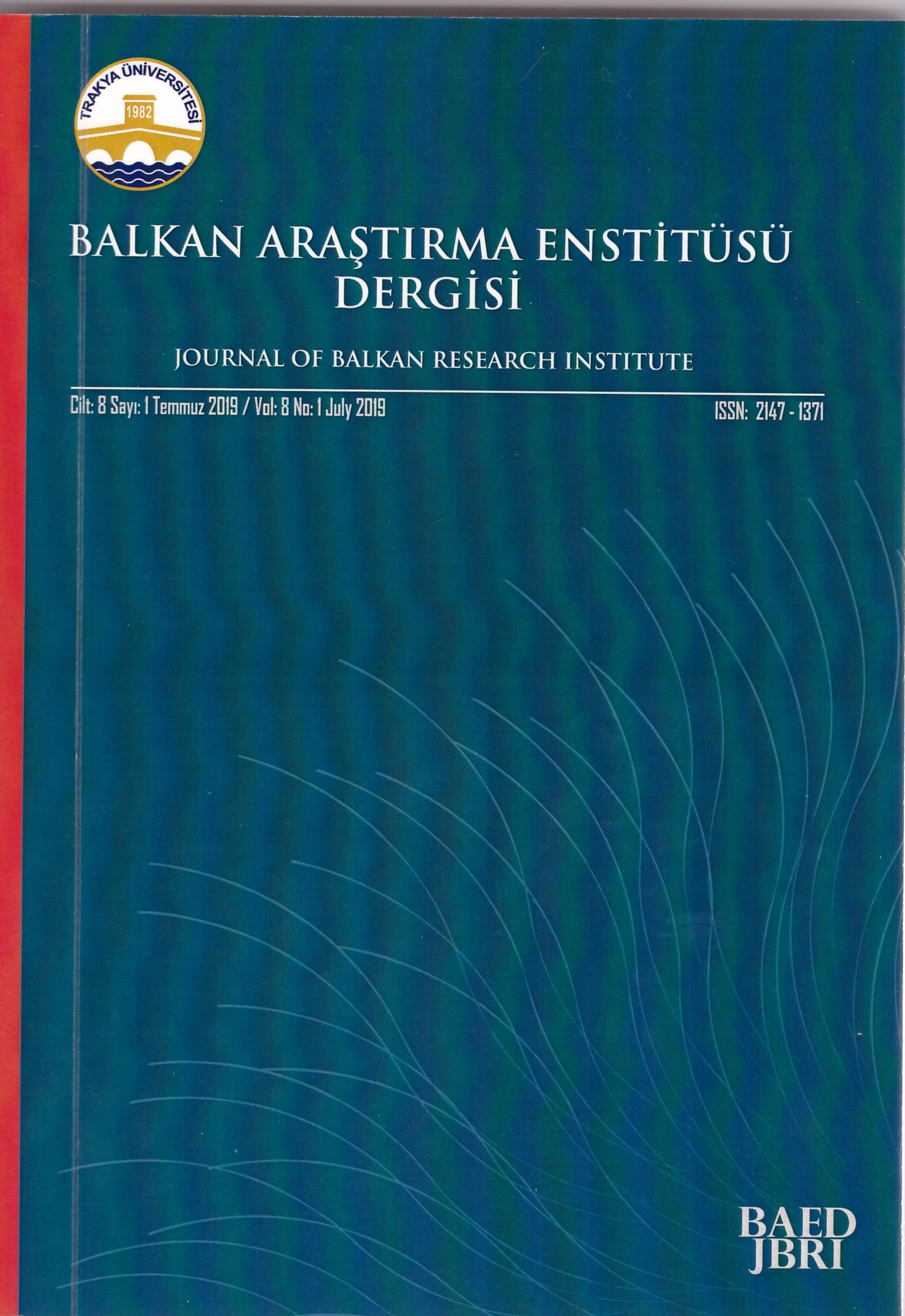ANALYSIS OF CHANGE IN PARTY POSITIONS TOWARDS THE EUROPEAN UNION AGENDA IN SERBIA
ANALYSIS OF CHANGE IN PARTY POSITIONS TOWARDS THE EUROPEAN UNION AGENDA IN SERBIA
Author(s): Önder Canveren, Müge AknurSubject(s): Political history, Electoral systems, Transformation Period (1990 - 2010), EU-Approach / EU-Accession / EU-Development
Published by: Trakya Üniversitesi Balkan Araştırma Enstitüsü
Keywords: Serbia; European Union; Europeanization; Party Politics; Position Change;
Summary/Abstract: Following many years of political competition in Serbia between reformists and nationalists, critical presidential and parliamentary elections were held in 2008 during the unilateral declaration of independence of Kosovo by Albanians in the shadow of the European Union (EU) agenda. 2008 elections reshaped party politics in favour of pro-Europeanism. This article analyses the change in party positions towards EU membership with the help of “process analysis” by referring to the independent variables of compliance, identification, and internalization, modelled by Herbert Kelman. The study focuses on following political parties that have shaped Serbian politics for a long time: The Democratic Party of Serbia (Demokratska Stranka Srbije - DSS), the Democratic Party (Demokratska Stranka - DS), the Serbian Progressive Party (Srpska Napredna Stranka-SNS), and the Socialist Party of Serbia (Socijalistička Partija Srbije - SPS). Contrary to arguments, which suggest that party positions have changed due to EU conditionality with the help of internalisation variable; this article argues that for SNS and SPS “compliance”, for DSS and DS “identification” variable offers a more comprehensive causal explanation.
Journal: Balkan Araştırma Enstitüsü Dergisi -Trakya Üniversitesi
- Issue Year: 8/2019
- Issue No: 1
- Page Range: 1-36
- Page Count: 36
- Language: English

